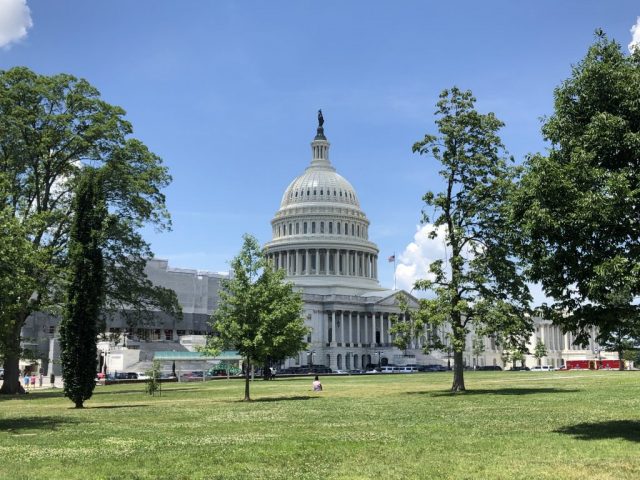
WASHINGTON, D.C. — On Thursday, May 22, 2025, at 08:51 AM EDT, U.S. Representative Mike Carey (R-Ohio-15) voted in favor of the One Big, Beautiful Bill Act, a budget reconciliation measure that passed the House of Representatives. As a member of the House Ways and Means and Budget Committees, Carey championed the legislation, which promises historic tax relief for workers, families, seniors, small businesses, and farmers, while also addressing border security, energy revitalization, and economic growth.
The bill prevents what Carey described as the largest tax increase in U.S. history, which would occur if the 2017 Tax Cuts and Jobs Act (TCJA) provisions expire at the end of 2025. In Ohio’s 15th Congressional District, a median-income household would face a $1,500 annual tax hike—a 23% increase—without this action. Key provisions include expanding the Child Tax Credit from $2,000 to $2,500 per child (preventing a drop to $1,000), eliminating taxes on tipped wages and overtime pay, and offering a $4,000 tax credit for low- and middle-income seniors. The bill also allows deductions for interest on car loans for American-made vehicles, protects over 2 million family-owned farms from a halved Death Tax limitation, and makes the doubled Standard Deduction permanent, avoiding a $15,000 cut for families.
Additional measures repeal the IRS 1099-K Rule, sparing gig workers from reporting transactions over $600, and renew the Research and Development incentive for small businesses, which saw an 18% investment increase post-TCJA. “The One Big, Beautiful Bill Act offers momentous tax relief that will help workers, families, seniors, farmers, and small businesses live the American Dream,” Carey stated. “I urge my colleagues in the Senate to pass this bill and get it to President Trump’s desk to deliver on his America First agenda.”
Every Democrat on the floor voted no, as did Republican Reps. Warren Davidson of Ohio and Thomas Massie of Kentucky. The final vote tally was 215-214.
The legislation, shaped by years of Republican outreach to Americans facing economic challenges, passed the House Ways and Means Committee on May 14, following a budget resolution on April 10. It now heads to the U.S. Senate, where a simple majority is needed before President Trump can sign it into law. Carey emphasized, “Our solution is simple: put more money in the pockets of everyday working Americans by letting them keep more of their hard-earned income.”










